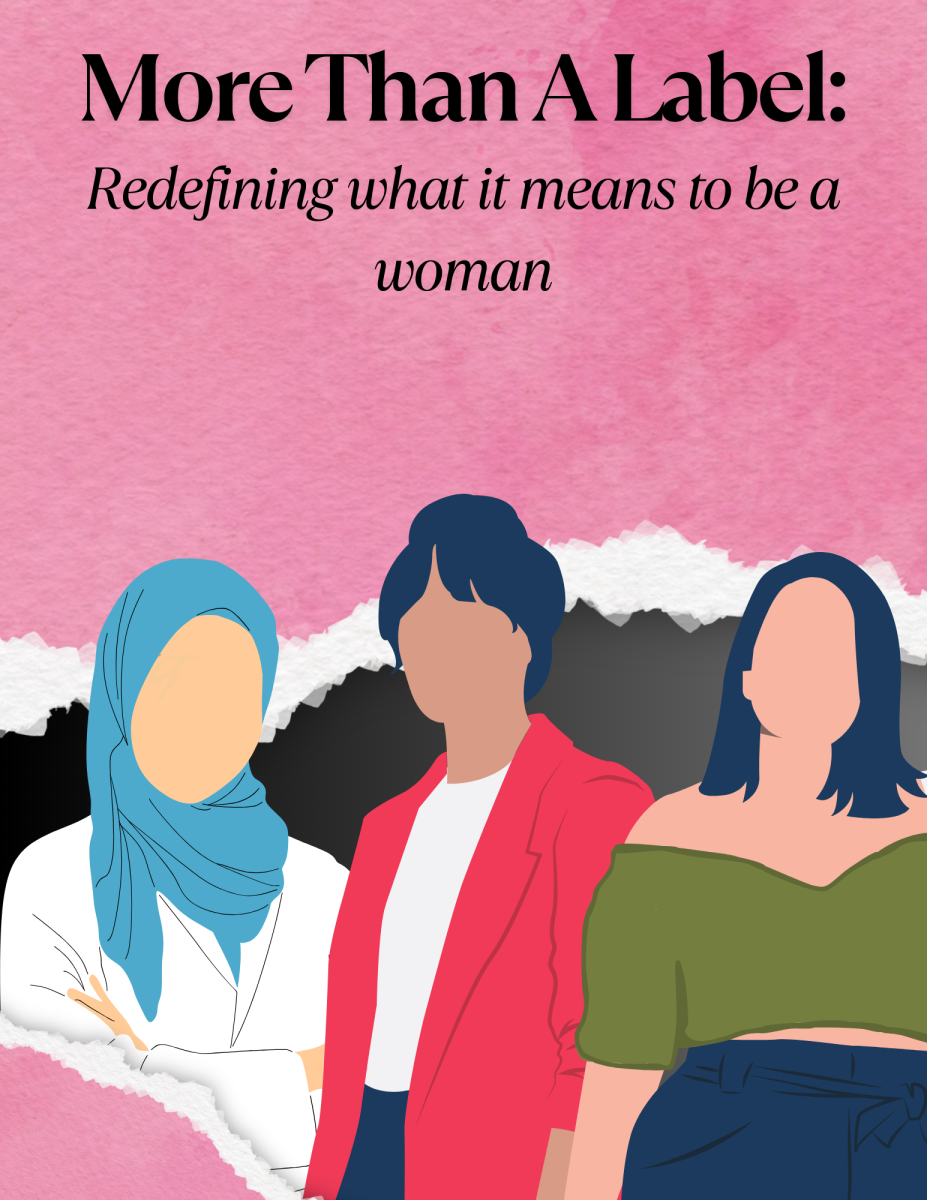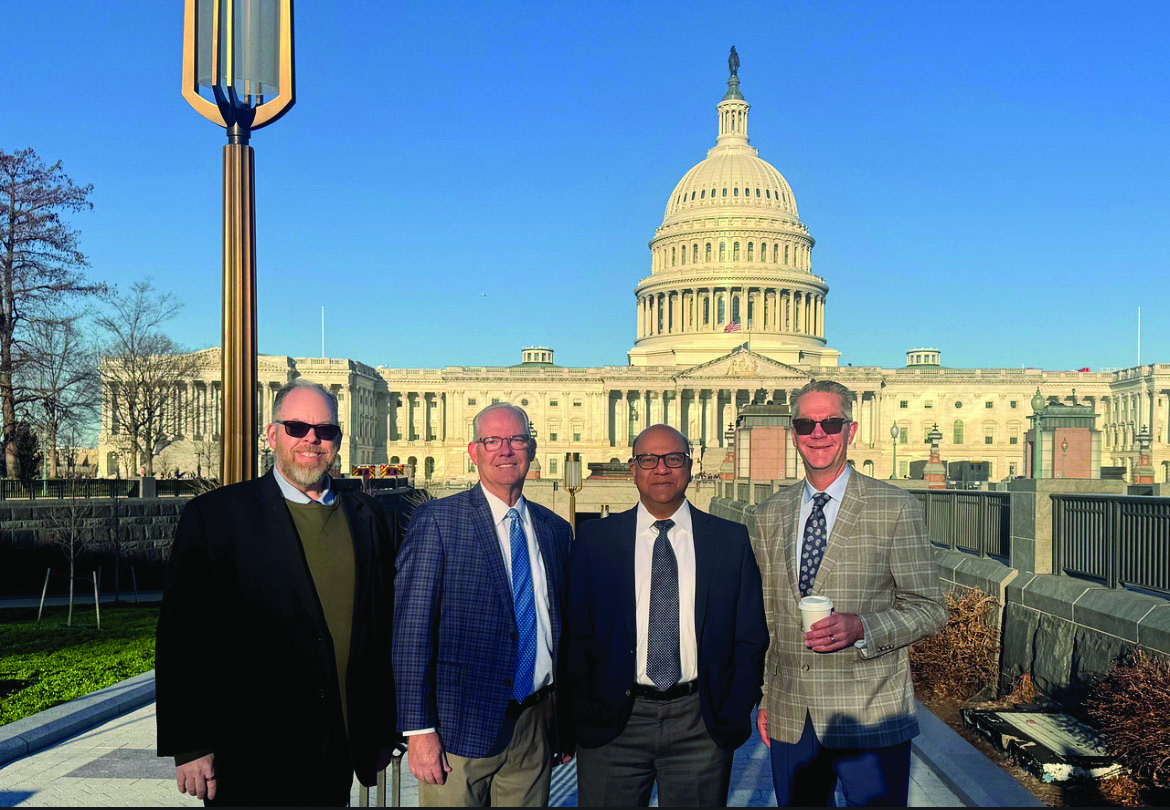In a recent survey taken by thirty two LSE students, more than three fourths of respondents signified that they hear some sort of political conversation, argument or discussion more than once a day. As the public shifts away from a more individualized culture and becomes more informed, anybody can have a voice, with a candidate they back, and with policies that they support.
According to Hunter Davis, an LSE sophomore who participates in political discussions with his peers and keeps himself informed regarding national politics, said “It’s just the American dream, to keep yourself up above others … Honestly, I don’t think we could be informed enough.”
This has not always been the case. Forty years ago, it was common for the only people that discuss politics to be the politicians themselves. The recent shift in the national conversation begs a few questions. Why is it that the vast majority of people, even those too young to vote, have a stake in the outcome of the election? Why is it that the feelings towards elections and elected officials have become more intense than they used to be? The answer is much simpler than one might realize.
With the presidential debates over and election day creeping closer, the conversation is undoubtedly heating up and becoming more intense than ever before.
Sophomore Canon Hulsebus, though unable to vote because of his age, is still informed and actively engages in conversations with his family and peers. Hulsebus sees the polarization playing out amongst his peers and in the community, saying “there is a lot of this person versus this person, or this side versus this side, rather than us trying to pick the better option”.
Why exactly, has the political rhetoric shifted into something so polarized and aggressive? The answer is simple: exposure. As a society connected by electronics, we have the unique ability to tune into the world at a moment’s notice. There is unfiltered access to anything, said by anyone, at any place on earth. Every word, thought, and goal is readily available, and this mass exposure turns moderate viewpoints more extreme.
Davis said “Misinformation can happen very easily on social media … (politicians) seem to act less professional, social media is more of a laid back thing.”
A 2022 study conducted by the Pew Research Center regarding voting age Americans’ viewpoints toward the federal government found that “65% of adults – including nearly identical shares in both parties – say that …most people (50%) who seek office at the local, state or federal level do so to serve their own personal interests”. This distrust in elected officials has negative consequences, as many turn to social media for their information instead of trusting politicians.
These study results indicate that individuals become so used to the normal campaign acting and educated speeches, they become more disheartened and less trustful. In turn, politicians are more outspoken and consequentially, the public views them as less professional.
A 2020 study by the Pew Research Center on the effects of social media as a source of political knowledge stated, “roughly 1 in 5 Americans say they get their political news primarily through social media.” Furthermore, “Those who rely on social media for news are less likely to get the facts right about … politics and more likely to hear some unproven claims.”
This national issue is reflected in the LSE community, with 80 percent of a 32-person survey conducted at Southeast claiming that they “would consider themselves an informed voter,” and 50 percent stated that they “personally feel tied to the outcome of the election.” However, the vast majority of students who follow the election are too young to vote. So, why does this community care so much?
In the aforementioned survey, more than 75 percent of respondents stated that they “feel great influence from family, classmates and close friends”.
This is one of the things directly affecting the mindset of students. Despite this, the largest and most prevalent factor is exposure. Immediate and constant subjection to every bit of news and media has its lasting effects, which is why exposure is by far the most lasting and influencing factor on individuals who cannot vote. The persistent unveiling of every angle is by far and away what sways each side of the political spectrum to its extremes.













